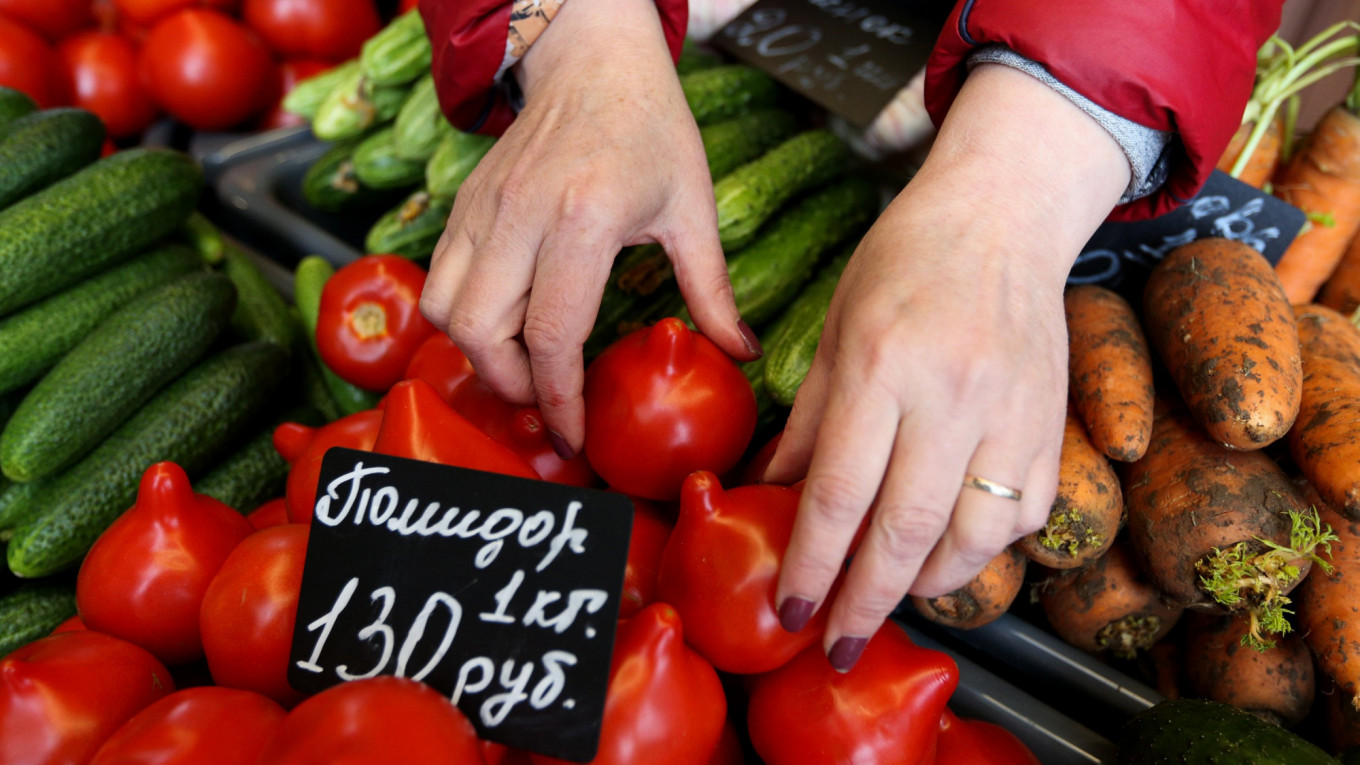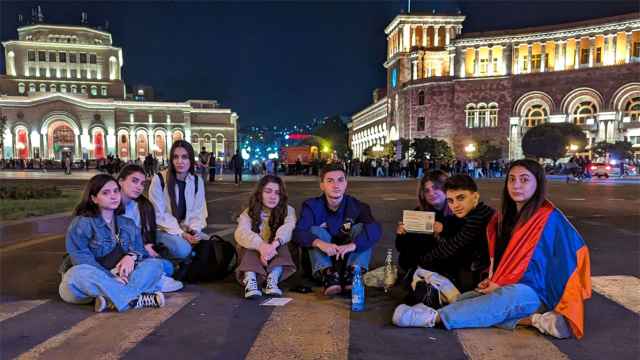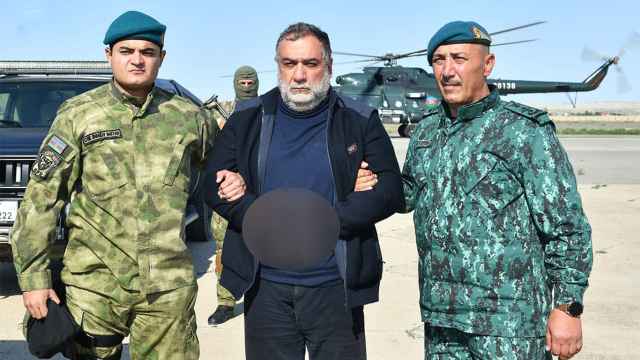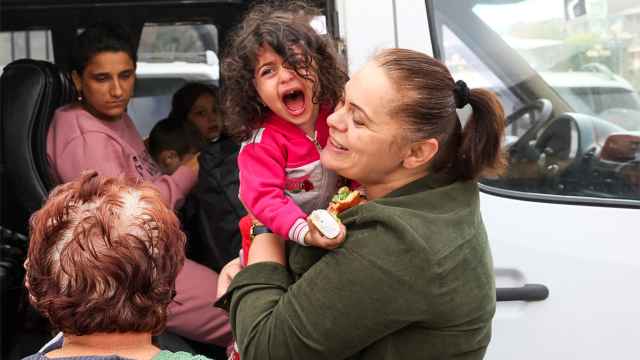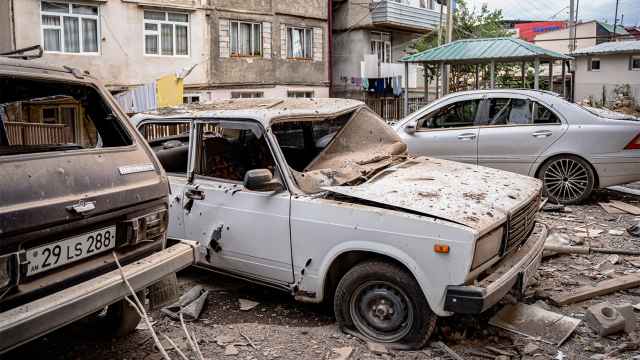Russia has announced a ban on imports of tomatoes from Azerbaijan beginning Thursday, in a damaging move for a key export that analysts tied to fallout from the Nagorno-Karabakh conflict.
Agriculture watchdog Rosselkhoznadzor on Tuesday announced the embargo beginning December 10 to protect against harmful substances detected in several recent shipments.
It said the ban was necessary to “prevent the import and spread” of pesticides to Russia.
Azerbaijan is Russia’s largest supplier of tomatoes, accounting for over 30% of imports, Russian news agencies reported.
While the vast majority of Azerbaijan’s exports are petroleum products, tomatoes account for almost 1% of goods sold abroad and Russia is the main market for the produce, according to the Observatory of Economic Complexity.
Moscow’s tomato ban is due to come into force Thursday, the day Azerbaijan stages a large-scale military parade marking its victory over Russian ally Armenia in a six-week war over the disputed Nagorno-Karabakh region.
The embargo is “Russia's response to Azerbaijan's victory parade,” said Gubad Ibadoghlu, a policy analyst at the Baku Economic Research Center.
Armenia is a key importer of Russian arms and Ibadoghlu said Azerbaijan’s parade of Armenian military equipment seized during the war “discredits the Russian military-industrial complex.”
Deadly clashes over Karabakh were halted by a Moscow-brokered ceasefire that saw Baku gain swathes of territory previously controlled by Armenian separatists.
Moscow previously banned imports of tomatoes from Turkey in 2015 after Ankara shot down a Russian jet near the Syrian border, leading to a sharp deterioration in ties between the countries.
Rosselkhoznadzor announced Wednesday a ban on tomatoes and peppers from Armenia’s Armavir region and the southeast Qashqadaryo region of Uzbekistan, citing safety concerns.
A Message from The Moscow Times:
Dear readers,
We are facing unprecedented challenges. Russia's Prosecutor General's Office has designated The Moscow Times as an "undesirable" organization, criminalizing our work and putting our staff at risk of prosecution. This follows our earlier unjust labeling as a "foreign agent."
These actions are direct attempts to silence independent journalism in Russia. The authorities claim our work "discredits the decisions of the Russian leadership." We see things differently: we strive to provide accurate, unbiased reporting on Russia.
We, the journalists of The Moscow Times, refuse to be silenced. But to continue our work, we need your help.
Your support, no matter how small, makes a world of difference. If you can, please support us monthly starting from just $2. It's quick to set up, and every contribution makes a significant impact.
By supporting The Moscow Times, you're defending open, independent journalism in the face of repression. Thank you for standing with us.
Remind me later.


